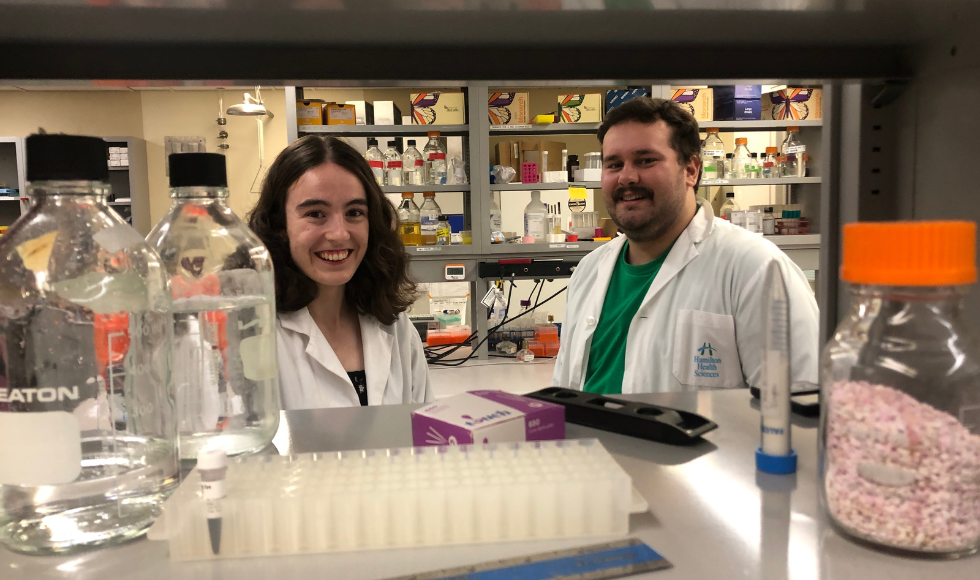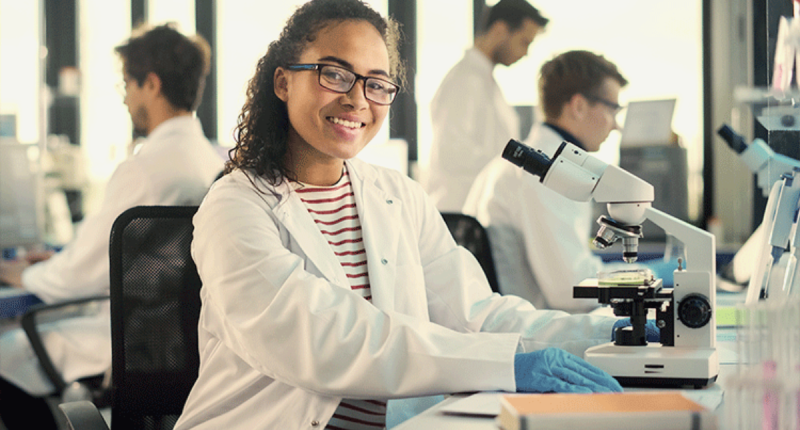Phage Pioneer: Biology Undergrad Enhances Lab Research – The Health Sciences lab at McMaster University has recently opened its doors to fourth-year science biology undergraduate student Sierra Vaillancourt. Vaillancourt is on a mission to stock the lab with bacteriophages, viruses that selectively hunt and kill bacteria. Bacteriophages, also known as phages, are a type of virus that infects bacteria. They are the most abundant organisms on Earth, and they play an important role in the environment by helping to control bacterial populations. Phages can also be used as a potential therapy for bacterial infections.

Vaillancourt is working under the supervision of Rebecca Batstone, an assistant professor in the Faculty of Science’s department of biology whose ab lacked the expertise necessary to handle these viruses.. Batstone is interested in using phages to study fundamental questions in evolutionary biology. However, she did not have any experience working with phages, and no one in her lab did either.
Also, Sierra Vaillancourt, sought guidance from Dr. Alexander Hynes, an associate professor in the Faculty of Health Sciences and a member of the Farncombe Family Digestive Health Research Institute.
Hynes invited Vaillancourt to participate in his phages bootcamp, typically reserved for students in his own lab. Vaillancourt’s dedication and enthusiasm impressed Hynes and his graduate student, Felix Croteau, who provided her with extensive training.
Equipped with the necessary expertise, Vaillancourt took it upon herself to learn how to work with phages. She spent two weeks getting a crash course in phages research from Health Sciences graduate student Felix Croteau. Croteau taught Vaillancourt how to isolate phages from the environment, how to culture them, and how to use them to infect bacteria.
Vaillancourt then took what she learned back to Batstone’s lab and began to stock the lab with phages. She collected phages from a variety of sources, including soil, water, and sewage. She also learned how to isolate and culture phages from human samples.
Vaillancourt’s work has been a valuable asset to Batstone’s lab. She has not only stocked the lab with phages, but she has also trained other lab members in how to work with them. This has allowed Batstone to begin her research on the evolutionary biology of phages.
Continue to check our website for more articles of this kind. And, please use our comment section as well, we would love to hear from you.








